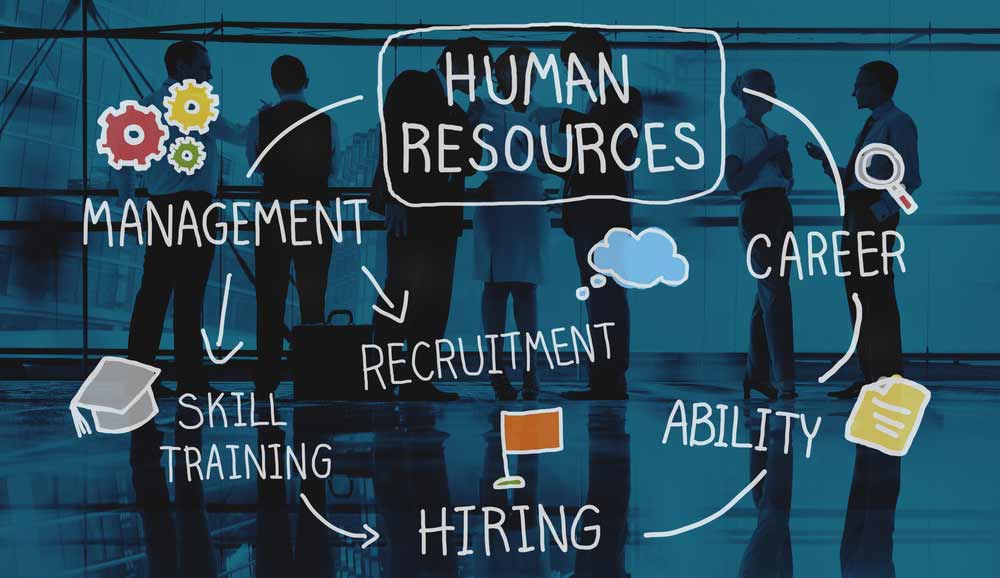When it comes to finding, vetting, employing, and training new employees and handling employee benefit programmes, HR is the department you turn to. With a fast changing market and an increased need for qualified workers, human capital play an increasingly important role in 21st-century business.
In his book “The Disparity of Income,” published in 1893, American institutional economist John Maynard Keynes was the first to use the term “human resource.” However, it’s not until the twentieth century that human resources departments were established and tasked with resolving disputes between workers and management.
Human Resource Management: An Overview
A human resources department is a vital component of any corporation, regardless of the size of the organisation. Employee productivity must be maximised, and the firm must be protected from any concerns that may occur within the workforce, which is the responsibility of the human resources department. Pay and benefits, recruitment, and firing are just a few of the HR tasks that must be met, as well as staying on top of any new regulations that may effect the organization and its employees.
- Managing and making good use of people
- Performance evaluation and reward should be linked to competencies.
- Developing competencies that will improve the performance of individuals and organisations
- Increasing the levels of innovation, inventiveness, and adaptability that are required to improve competitiveness
- The use of innovative techniques to work design process, succession planning, career progression, and inter-organizational mobility.
- Improving personnel, training, and interaction with employees in order to manage the deployment and incorporation of technology
There has been a drive for strategic initiatives in human resources departments since the 1980s. This movement was founded on study on the impact of worker issues on a company’s long-term business success, which was conducted at the time. These tactics sometimes are known as the human resource management approaches since they are used in conjunction with one another. Human resource management (HRM) is a complete approach to managing people as well as the culture and environment of a business. In an organisation, human resource management is concerned with the recruitment, management, or general direction of the individuals who work for the company.
An HR that implements human resource management methods is more likely to be involved in the improvement of an organization’s workforce. They may make recommendations to management regarding methods, tactics, and business solutions. Google is such example of a company that has taken a more proactive concept of employee relations by the use of its human resources department.. Employee benefits abound, and the company’s headquarters are equipped with a variety of recreational facilities, such as wellness centres, roller hockey arenas, and horseshoe pits, for the benefit of its employees.
/GettyImages-1064106558-938927c3f7f444c3aeafaec6cf66dbc4.jpg)
Special Considerations Should Be Taken Into Account
As early as the mid-twentieth century, some businesses began outsourcing some of their more traditional administrative and transactional human resources functions in an effort to free up their HR departments to recommend and enforce more meaningful, value-adding programmes that have a positive impact on the company’s bottom line.
Payroll administration, employment benefits, recruiting, background checks, personal interviews, risk assessment, dispute resolution, safety check, and office policies are all examples of functions which may be outsourced as part of this process. The adoption of more current tools, like the top recruitment tools, can also provide HR departments with more discretion by increasing the efficiency of their operations.


